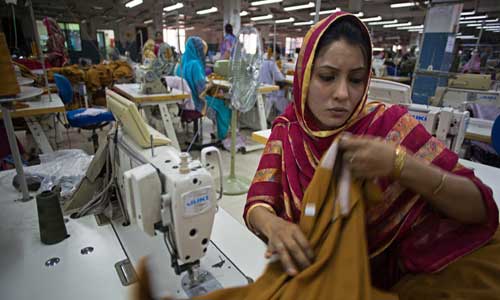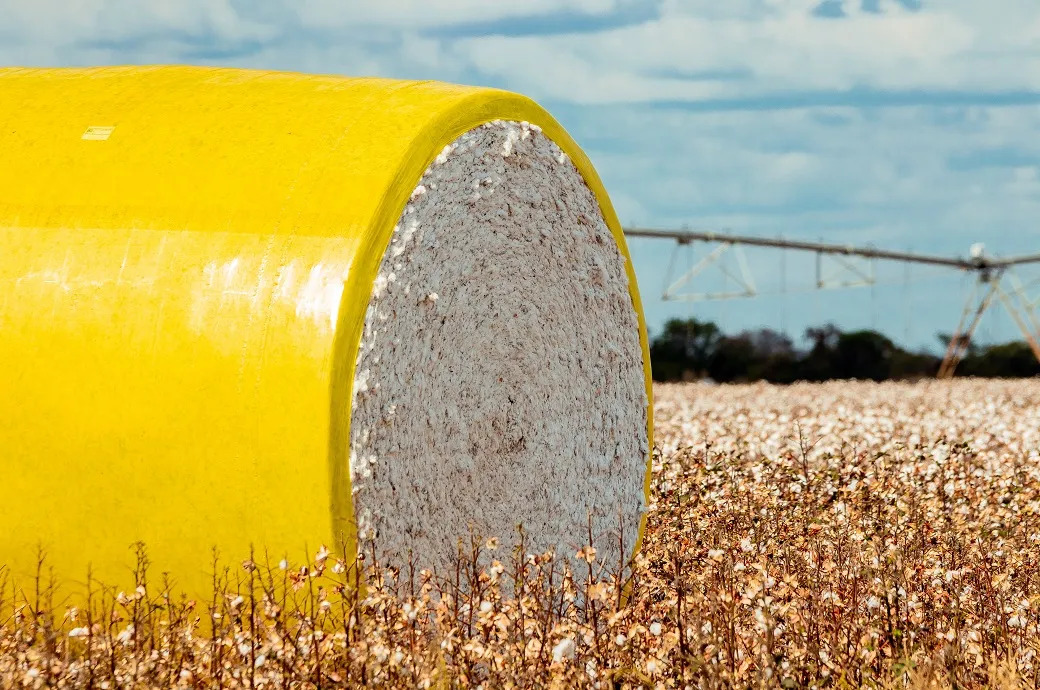"While Pakistan’s garment sector can easily drive the country’s economy through exports, it has not been able to fully exploit the benefits of GSP Plus status so far, reveals World Trade Organization data. A recent study by the International Growth Centre highlights the private sector does feel too optimistic about realising the full potential of GSP Plus and has vocally expressed frustration at the challenges that remain."

While Pakistan’s garment sector can easily drive the country’s economy through exports, it has not been able to fully exploit the benefits of GSP Plus status so far, reveals World Trade Organization data. A recent study by the International Growth Centre highlights the private sector does feel too optimistic about realising the full potential of GSP Plus and has vocally expressed frustration at the challenges that remain.

Their biggest concern is continued energy shortfall. In the last few years, the industry has operated below 70 per cent of full capacity due to this deficit. Production costs have also increased as firms employ alternate measures to ensure regular energy supplies. The energy crisis is expected to lessen in coming years as investments on energy projects planned under CPEC materialise. But in the interim, industry continues to struggle to meet production targets.
Not lucrative for investment?
Pakistan’s adverse business climate has been restricting investments in export manufacturing particularly by new EU-based clients. International buyers prefer suppliers from less risky countries, especially where physical engagement with firms is possible. Maplecroft, an international agency that ranks countries according to their investment climate, places Pakistan in the high-risk category. Pakistan fares much worse than Bangladesh on most categories. The report states without a coherent strategy to improve the business environment, the gains of GSP Plus cannot be fully availed.
Issues holding the country potential
Tax regime and custom clearance procedures are some of the burning issues faced by the industry. The industry is faces a higher duty on raw materials compared to other countries, which makes the final product more expensive. Due to cumbersome customs procedures and high duties on the import of artificial fibres and PTA (a raw material for the manufacture of polyester), the garments industry has been unable to move from existing cotton concentrated 80:20 mix to the globally demanded 50:50 mix in its exports.
Ray of hope
On a positive note, GSP Plus status has allowed the garments industry to maintain its export shares even improve them slightly despite the many challenges. The new incentive package for exporters, announced by the Prime Minister in January 2017, may ease some of the tax constraints. There is also some progress towards solving the energy crisis and lowering the tax burden.
But the desired benefit of the GSP Plus status, substantially higher exports, will be realised only when the energy, tax and customs challenges are addressed comprehensively. Improving Pakistan’s business environment will also be key to attracting foreign clients including Chinese investors, given that the Chinese garment industry is relocating to lower-cost developing countries and Pakistan offers the additional advantage of easy access to European markets.












